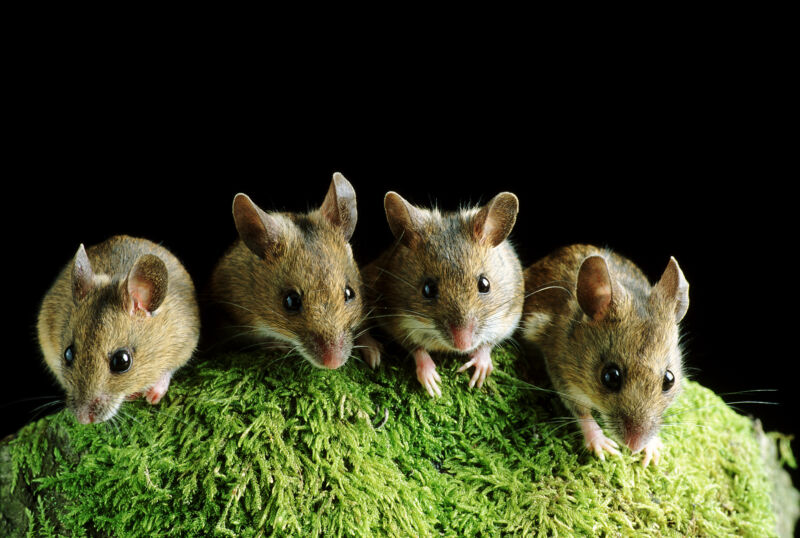Study of reproducibility issues points finger at the mice

Enlarge (credit: David Aubrey)
Over the last decade or so, the science community has been concerned about what has been called the "reproducibility crisis": the apparent failure of some significant experiments to produce the same results when they're repeated. That failure has led to many suggestions about what might be done to improve matters, but we still don't fully understand why experiments are failing to reproduce results.
A few recent studies have attempted to pinpoint the underlying problem. A new study approached reproducibility failure by running a set of identical behavioral experiments in several labs in Switzerland and Germany. It found that many of the differences come down to the lab itself. But there's also variability in the results that can't be ascribed to any obvious cause and may just arise from differences between individual mice.
Try and try againThe basic outline of the work is pretty simple: Get three labs to perform the same set of 10 standard behavioral experiments on mice. But the researchers took a number of additional steps to allow a detailed look at the underlying factors that might drive variation in experimental results. The experiments were done on two different mouse strains, both of which had been inbred for many generations, limiting genetic variability. All the mice were ordered from the same company. They were housed in identical conditions and were tested while they were the same age.
Read 9 remaining paragraphs | Comments